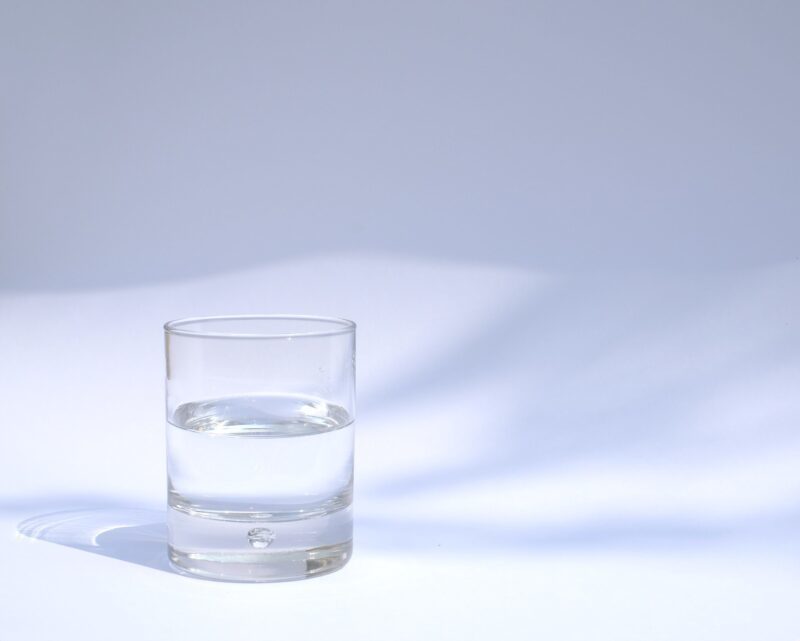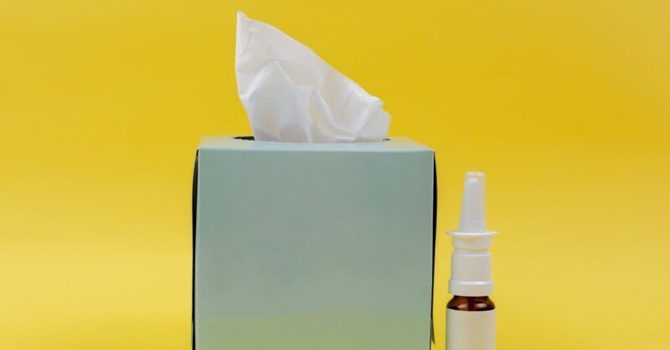
Importance of Water and Water Purification
The human body is composed of approximately 70% water and it is the principal component of all bodily fluids. In fact, water is a part of nearly every function in the body, including those on the cellular, tissue, and organ levels, as well as in circulation, digestion, and elimination. Water is also a bodily solvent that carries important minerals, such as electrolytes.
Not only does water play a crucial role in the functions and subsequent health of our bodies, but it is also plays important part in the roots of naturopathic medicine. Important people who used hydrotherapy (water cure) to help heal others, included Vincent Priessnitz, Johan Schroth, and Sebastian Kneipp.4
In Canada, Health Canada publishes drinking water guidelines, which are established between the federal, provincial, and municipal governments.1 Unfortunately, the quality of drinking water has become a concern since many contaminants and toxic compounds are found in municipal drinking water. Not all Canadian cities test for all of the compounds listed in the guidelines set by Health Canada, as published in an article by CBC in 2015.5 It is important to note that not all contaminants may cause immediate harm, though they may cause ill health if consumed over the long term5 or through the additive effect when compounded with other contaminants consumed in food and/or water.3 See the CBC article to check a city near you.
Fortunately, supplementing water filtration methods found in our cities’ drinking water with common household or store filtration methods can decrease one’s exposure to contaminants.
Not all contaminants are removed by all methods, so be sure to choose the appropriate type for you (check your local library for the references provided to decide which is best for you).
Here is a list of common water filtration methods that are useful to remove many contaminants.3
- Springwater – While spring water is not filtered, it is the most unprocessed and natural water available. That being said, if taken directly from the source, be sure to test the water for possible contaminants. Spring water may be polluted, so be sure to test it.
- Carbon – Carbon filtration is the most common household filtration system and is composed of either a solid carbon block or carbon granules. A solid carbon block of 1 micron (micrometer) efficiency is your best choice for both filtration and inhibition of bacterial growth. Be sure to change your carbon filter regularly (~3-6 months). Weighing both cost and overall efficiency, these systems seem to be an appropriate choice.
- Reverse Osmosis (RO) – RO water filters are more efficient at removing contaminants than carbon due to the small filter holes. In an RO system, water is pressurized through a small membrane. Many RO systems include sediment and carbon filters as well to enhance the level of filtration. Unfortunately, RO systems also remove all minerals from water, which some believe is detrimental to one’s health.2,3 One further consideration is that RO systems are rather water-inefficient, meaning they produce unusable waste water.
- Distilled – These systems essentially involve boiling water to a high point to remove many contaminants. Distilled water systems are similar to RO in efficiency and produce much less wastewater, though they require more energy. Like RO, minerals are removed.
References
- Canada, Health Canada. (2015, January 27). Drinking Water. Retrieved February 27, 2016, from http://hc-sc.gc.ca/ewh-semt/water-eau/drink-potab/index-eng.php
- Gaby, A. (2011). Nutritional medicine. Concord, N.H: Fritz Perlberg Publishing.
- Haas, E. M., & Levin, B. (2006). Staying healthy with nutrition: The complete guide to diet and nutritional medicine. Berkeley: Celestial Arts.
- Lloyd, I. (2009). History of naturopathic medicine: A Canadian perspective. Toronto: McArthur & Company
- Moore, H. (2015, June 19). Drinking water in Canadian cities not always tested for all CBC News. Retrieved February 27, 2016, from http://www.cbc.ca/news/canada/manitoba/drinking-water-in-canadian-cities-not- always-tested-for-all-contaminants-1.3111908

Shawn Peters
Contact Me



